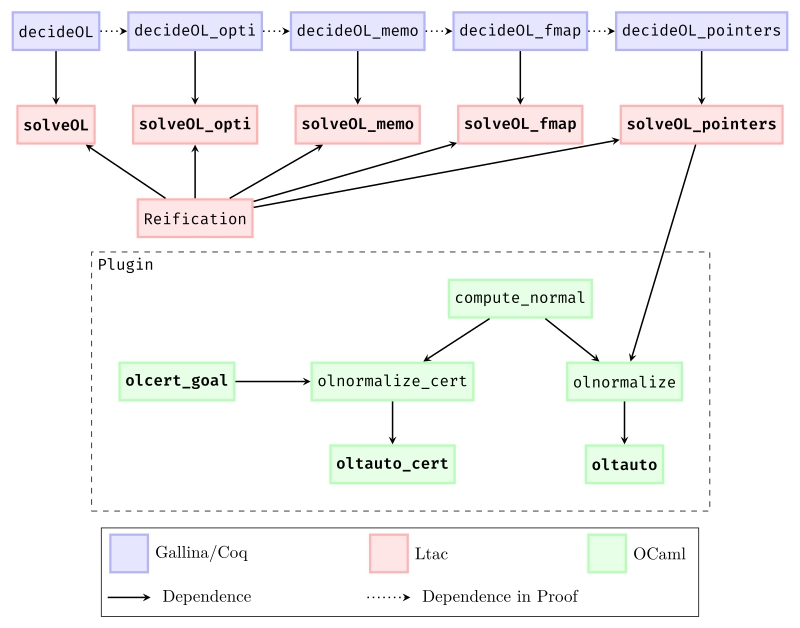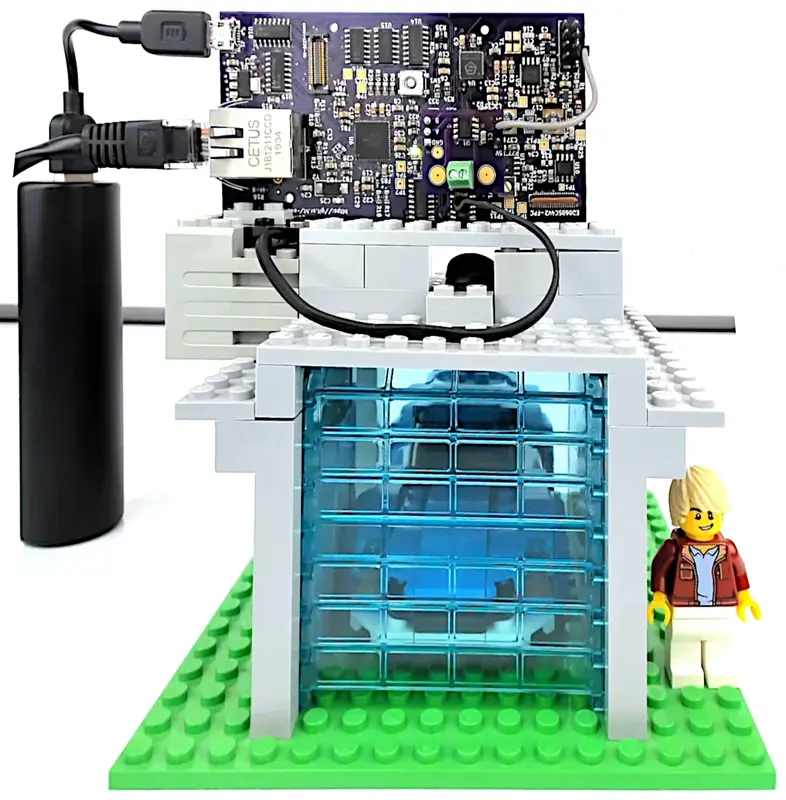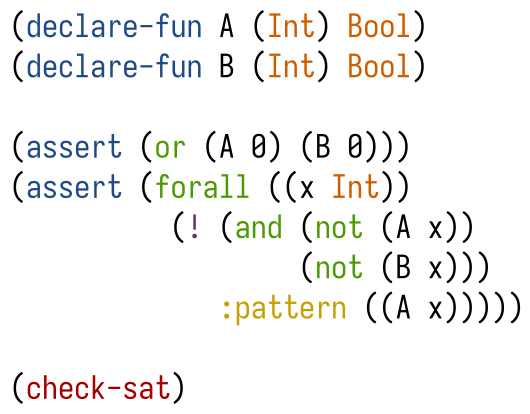All critical systems must evolve to meet the needs of a growing and diversifying user base. But supporting that evolution is challenging at increasing scale: Maintainers must find a way to ensure that each change does only what is intended, and will not inadvertently change behavior for existing users. This paper presents how we addressed this challenge for the Amazon Web Services (AWS) authorization engine, invoked 1 billion times per second, by using formal verification. Over a period of four years, we built a new authorization engine, one that behaves functionally the same as its predecessor, using the verification-aware programming language Dafny. We can now confidently deploy enhancements and optimizations while maintaining the highest assurance of both correctness and backward compatibility. We deployed the new engine in 2024 without incident and customers immediately enjoyed a threefold performance improvement. The methodology we followed to build this new engine was not an off-the-shelf application of an existing verification tool, and this paper presents several key insights: First, rather than prove correct the existing engine, written in Java, we found it more effective to write a new engine in Dafny, a language built for verification from the ground up, and then compile the result to Java. Second, to ensure performance, debuggability, and to gain trust from stakeholders, we needed to generate readable, idiomatic Java code, essentially a transliteration of the source Dafny. And third, to ensure that the specification matches the system's actual behavior, we performed extensive differential and shadow testing throughout the development process, ultimately comparing against one quadrillion of production samples prior to deployment. Our approach demonstrates how formal verification can be effectively applied to evolve critical legacy software at scale.
This paper lays out a case study of Software Construction, a new course in the undergraduate computer and communication sciences curriculum at EPFL. We hope to share some generalizable lessons we learned from running its first edition in Fall 2023. The course targets three core concepts—functional programming, real-world engineering, and correctness—and its design is informed by four principles—students should learn by doing, assignments should be self-motivating, knowledge should be built incrementally, and students should see progress over time. We illustrate how we realized these concepts and principles with practical examples of course materials and teaching methods that we hope will serve as useful inspiration to others teaching similar courses. Lastly, we present some encouraging preliminary data about course outcomes and share our speculations about experiments for its future evolution.






